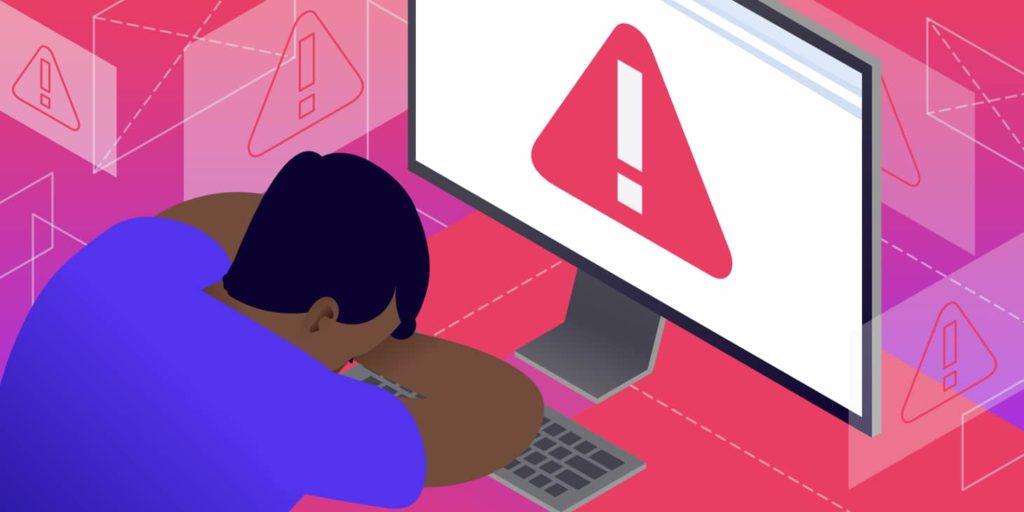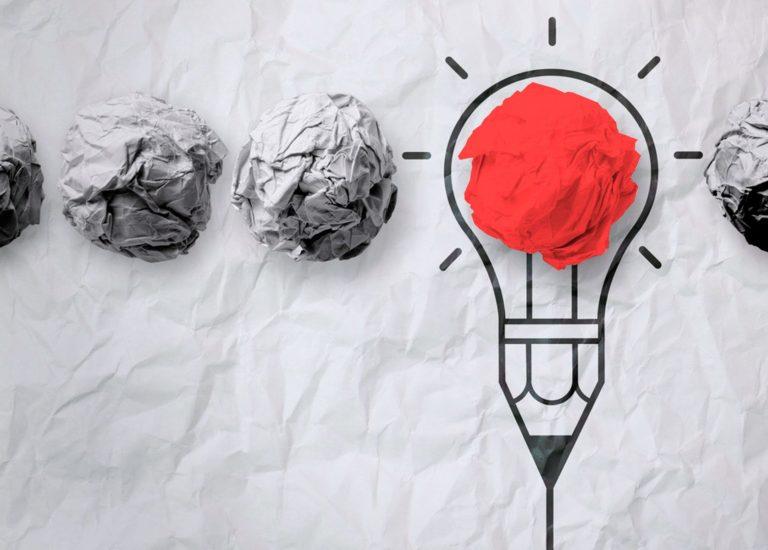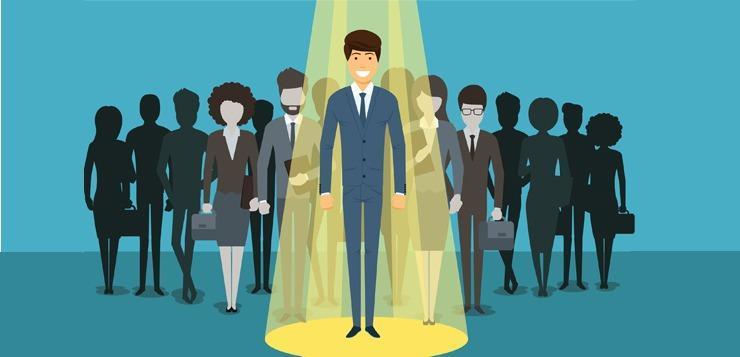Let’s break the stigmas around mistakes, let’s learn how to face our mistakes, and help those around us to notice their faults in the best possible way. Let’s go hand in hand towards reaching the top of success.
To be honest, no one likes to be wrong or to lose. For as long as we can remember, both of them give us a sense of failure. We feel uncomfortable, we worry about how people will look at u,s as if we were wearing a sign with the word “fool” on our foreheads. Right?
Well, today I’m here to show you that screwing up isn’t always a bad thing. While we all want to taste success, a mistake means that at least you are trying to achieve something. And even better, there’s a lot to learn.
Why is it so hard to recognize our mistakes?

“If it’s evident to everyone that you’ve made a mistake, being stubborn shows people a weakness of character, rather than a strength.”
Tyler Okimoto, researcher and author of a study on forgiveness
Even if it is well-intentioned, receiving criticism is like receiving a blow; it is not something that anyone enjoys or expects. It is unpleasant to hear from someone else that what we do is not quite right. Some of the reasons for this great difficulty include:
- We are stubborn: We hold on to our beliefs, no matter how obsolete they may be, or to our way of doing things, despite the fact that there are other ways of doing things that are more appropriate, modern, healthy or smart.
- A perfectionist personality, whether conscious or unconscious, hinders the possibility of making a mistake.
- Child raising and coping with mistakes. If as a child, parents, teachers or adults around you were very severe about mistakes, you grow up with an ingrained fear before any event that can go wrong, making it difficult for you to process it in a healthy way.
Making mistakes is not a bad thing
We usually do not allow ourselves to look inside ourselves for flaws because we prefer to keep our self-esteem intact. However, this defense mechanism arises from a wrong approach that leads us to believe that it is wrong to make mistakes. On the contrary, it is a totally human act, which we have all gone through on many, countless occasions. It does not make us unworthy of love or respect, or bad people.
Reasons why making a mistake can be a good thing
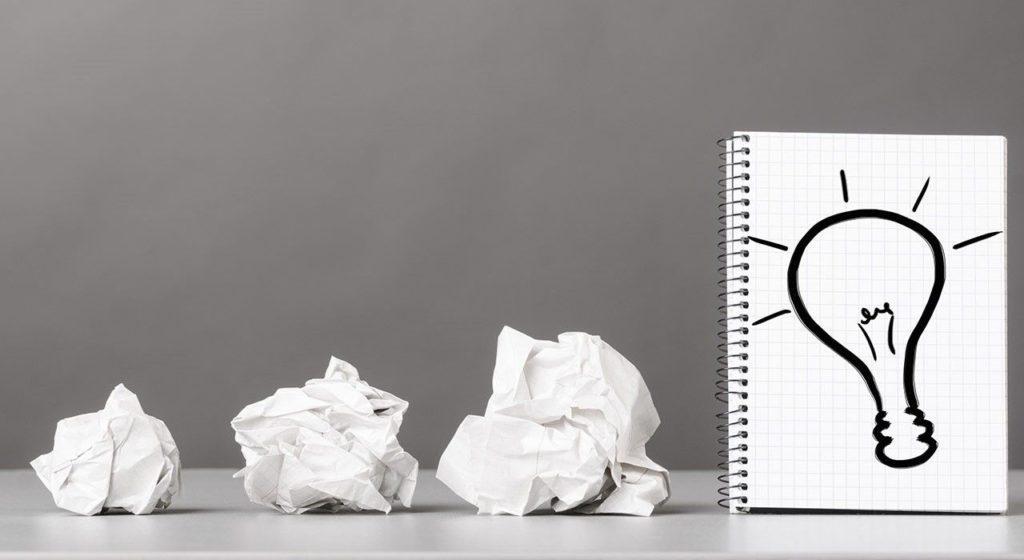
As everything depends on the way you look at it, today I bring you the good side of being wrong:
1. Allows us to learn
Mistakes are the best means of learning that have ever existed. In fact, there is a scientific method called “trial and error” that consists of trying a test multiple times, making adjustments revealed after each failure until the correct answer is found. And that’s what life is all about: finding revealing data in our mistakes to enable us to do better the next time.
Brings unexpected positive consequences
While not everything is always easy when you make a mistake, sometimes there are unexpected results that end up being positive. A great example is in great inventions such as the microwave, the pacemaker, and the post-it note that came out of events far away from such happy endings.
It can free us to pursue our goals
“The only man who makes no mistakes is the man who never does anything.”
– Theodore Roosevelt
While the fear of making mistakes can prevent us from trying new things, accepting that error is a natural part of the process has the opposite effect. It opens the door to follow our dreams without limits.
How to better deal with mistakes

Pointing out a mistake seems to be as complicated as accepting it. And our ability in both roles says a lot about our emotional skills. For example, those who can only see the behavior of others lack empathy and respect. And those who only see faults in themselves face self-esteem problems.
On the other hand, those capable of identifying their mistakes, of accepting them when they are pointed out with a humble and corrective attitude, and with the ability to guide those who lose their way, should be our role models.
Seeing my faults
When someone close to you does nothing but highlight your faults, try not to follow their game and act vindictively. Break this vicious circle with a mature and wise attitude, challenging them with your example to recognize their own faults, apologize if necessary, and make it right.
Pointing out others’ faults
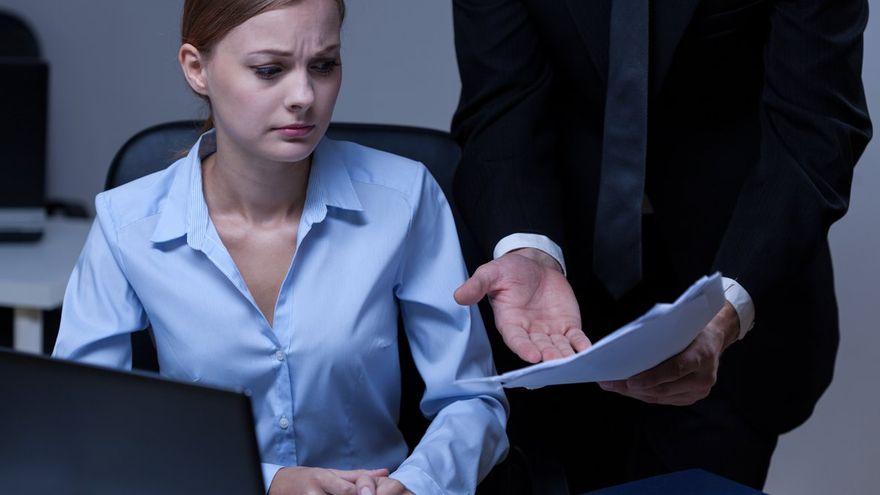
One of the best ways to help another person is to point out his or her faults. But, obviously, not in a rude way. In case you feel the need to point out another person’s mistake, never forget to do it in a constructive, kind way that allows them to realize what happened, understand it and learn. If we are not willing to correct the mistakes of others, we allow someone else to do it worse than us.
When we find faults among ourselves, we must point them out so that they can be corrected. This will help us make better use of our time or, at least, waste less time doing other useless tasks. Put yourself in the other person’s shoes and think: If someone else knows the answer to my problems and knows that I am struggling with them, why wouldn’t they lend me a hand and point me in the right direction?
Assume, correct and move forward
Accepting our faults is a necessary step that we have to learn to live with and embrace with open arms if we want both ourselves and those around us to continue to grow. Listening, assuming our mistakes and the responsibilities they bring not only helps us to evolve as people. Despite the difficulty of this step, achieving it implies gaining an existence full of peace and harmony.
Learning from our mistakes implies having the mental feeling that we can grow, or the belief that intelligence is something we can work on and develop.
Connect with Nico Pengin
Facebook: NicoPengin
Twitter: @NicoPengin1

